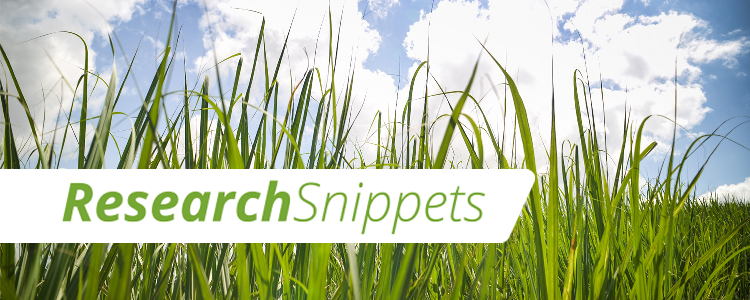
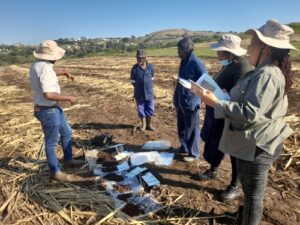 Soil information in small-scale grower regions is mostly unknown. This severely limits yield production as it makes it difficult to select varieties appropriately matched to soil type, and to obtain optimum fertiliser advice based on predicted yields.
Soil information in small-scale grower regions is mostly unknown. This severely limits yield production as it makes it difficult to select varieties appropriately matched to soil type, and to obtain optimum fertiliser advice based on predicted yields.
A SASRI project is busy addressing these gaps by equipping SASRI and DARD SSG Extension Specialists with a simplified method to estimate yield potential by taking note of basic soil properties. The project also aims to build a database of soil information and yield potential for each SSG regions.
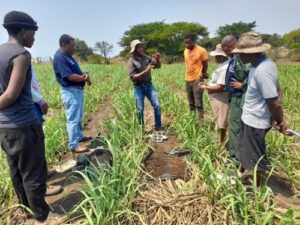 The project is making good progress with its most recent achievements being the preparation of soil maps for the Nkosazane and Macekane areas. To date, sixty-nine soil samples have been collected on the North Coast and the project has just been introduced to the Midlands South region where it was warmly received, with the promise of support from various stakeholders.
The project is making good progress with its most recent achievements being the preparation of soil maps for the Nkosazane and Macekane areas. To date, sixty-nine soil samples have been collected on the North Coast and the project has just been introduced to the Midlands South region where it was warmly received, with the promise of support from various stakeholders.
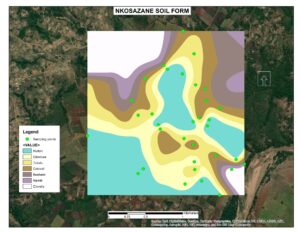
Exploring electricity load shedding solutions
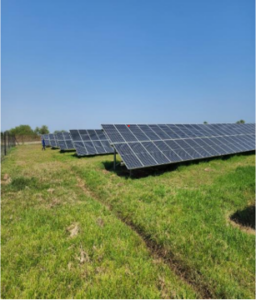 Almost all irrigation in the SA sugarcane industry is dependent on electrical pumping systems to provide adequate water pressure for irrigation. Interruptions in the electrical supply result in pumping down-time, reduced water supply and associated yield reductions.
Almost all irrigation in the SA sugarcane industry is dependent on electrical pumping systems to provide adequate water pressure for irrigation. Interruptions in the electrical supply result in pumping down-time, reduced water supply and associated yield reductions.
A SASRI project is busy investigating alternative energy supplies to assist with load shedding. The project aims to:
• quantify yield loss and the related economic impact of typical load shedding scenarios,
• establish costs of alternate energy or back-up energy solutions.
During site visits to agricultural enterprises in the Western Cape, observations were made of the following alternative energy generation systems: (a) frame mounted and floating on-farm solar; (b) on-farm hydro power with high head turbines; (c) large-scale biogas plant; and (d) on-site gassifier units (woodgas generator). Information gathered will enable SASRI to provide preliminary guidance to growers on alternative energy options to assist with irrigation during load shedding.
